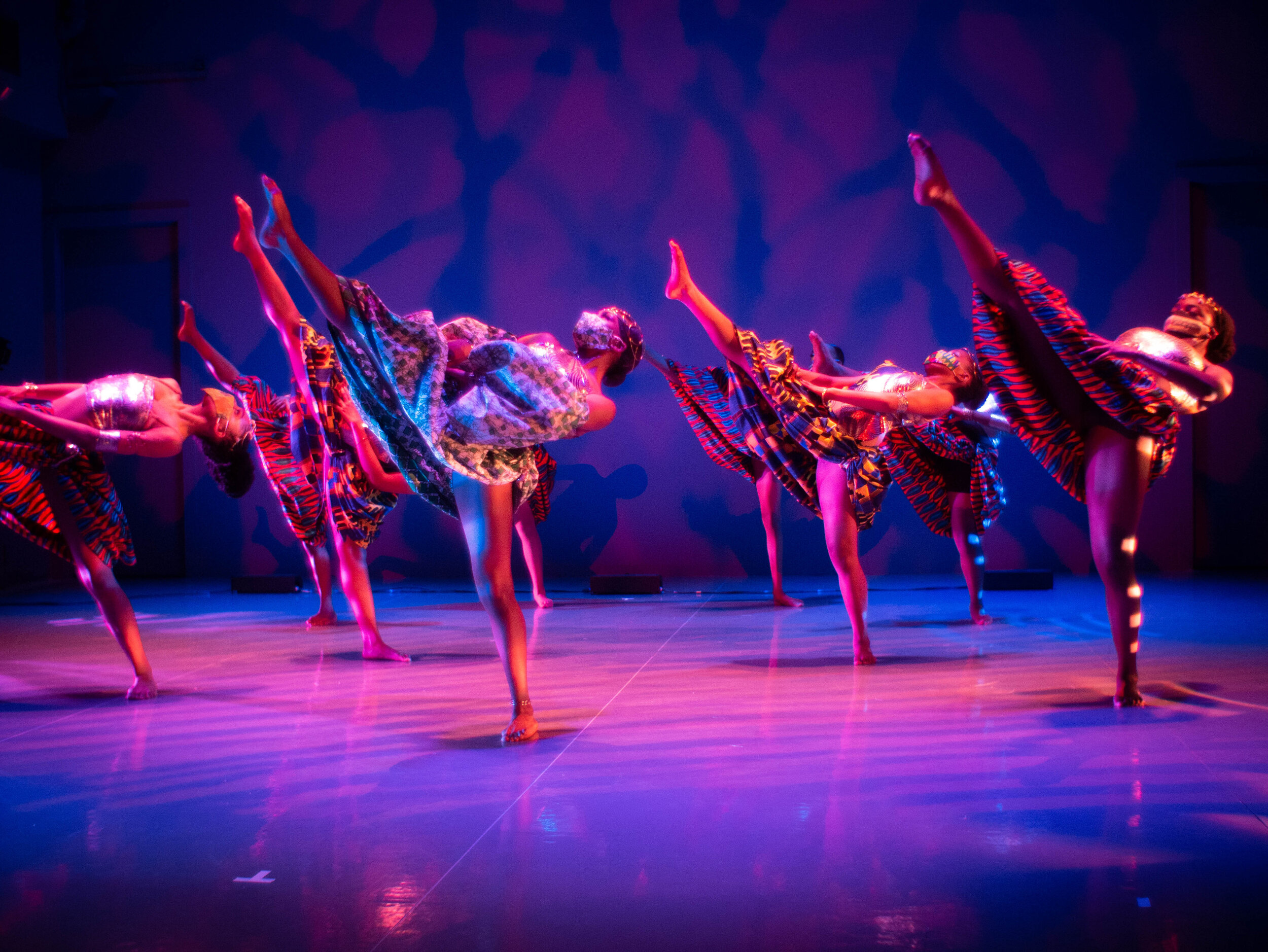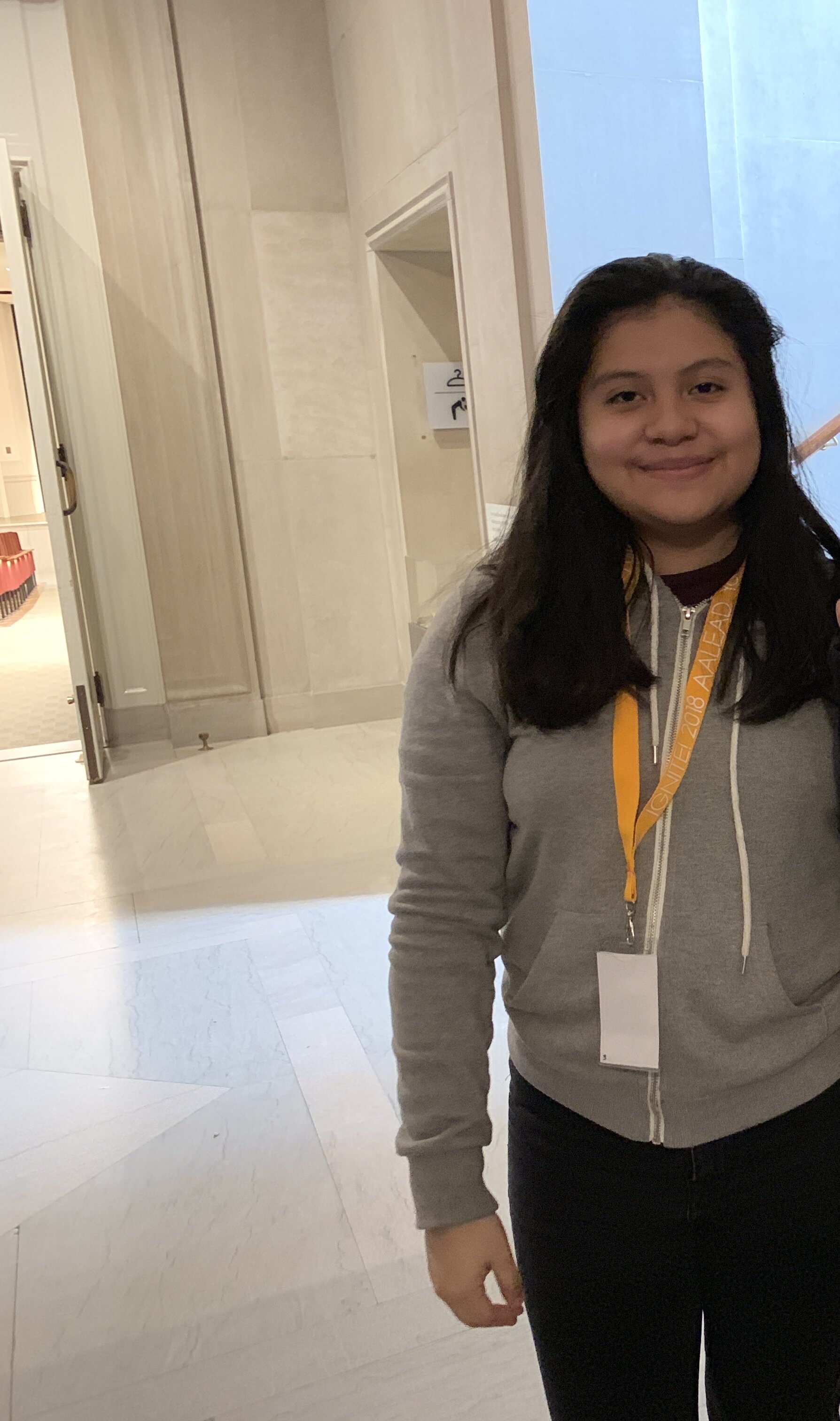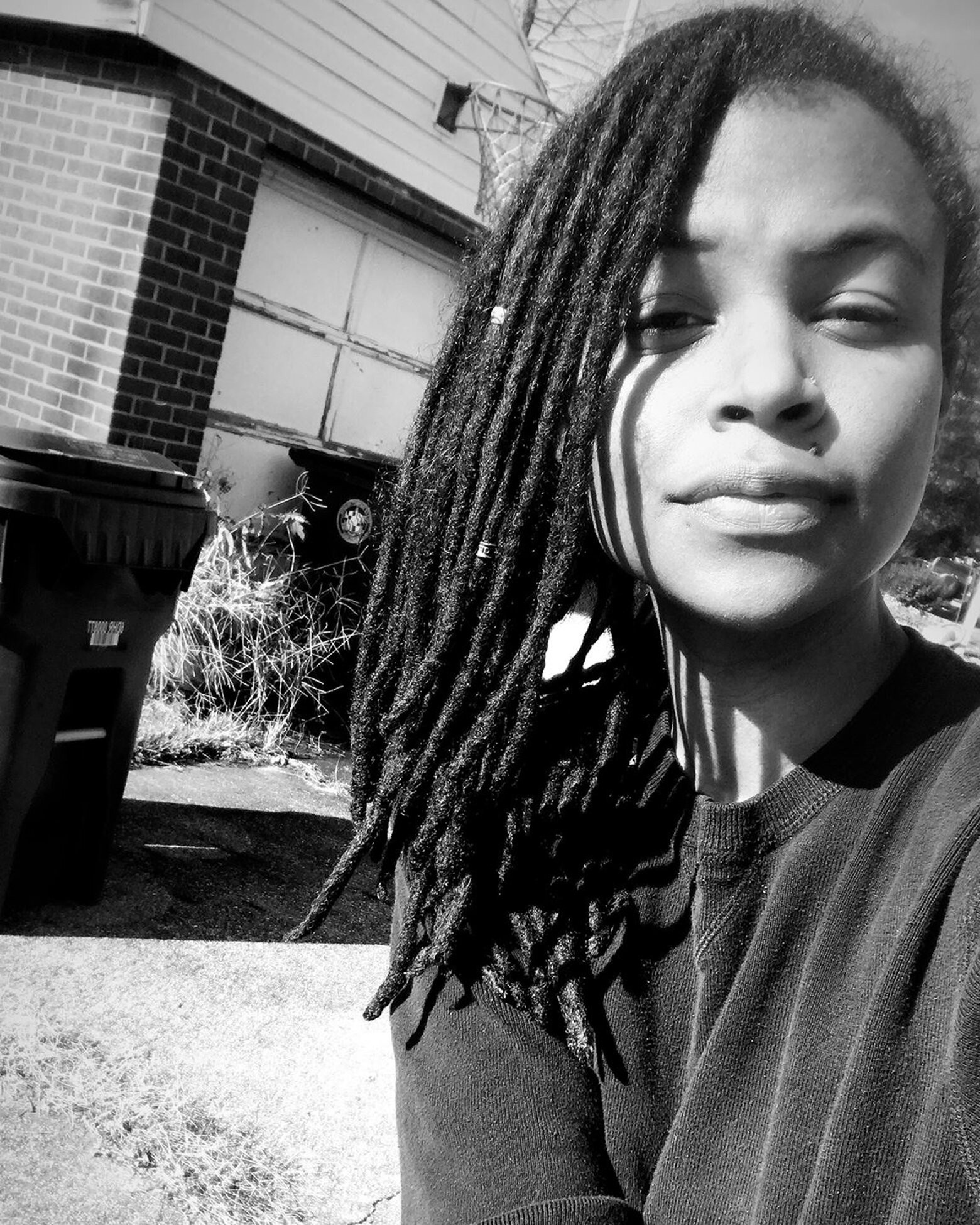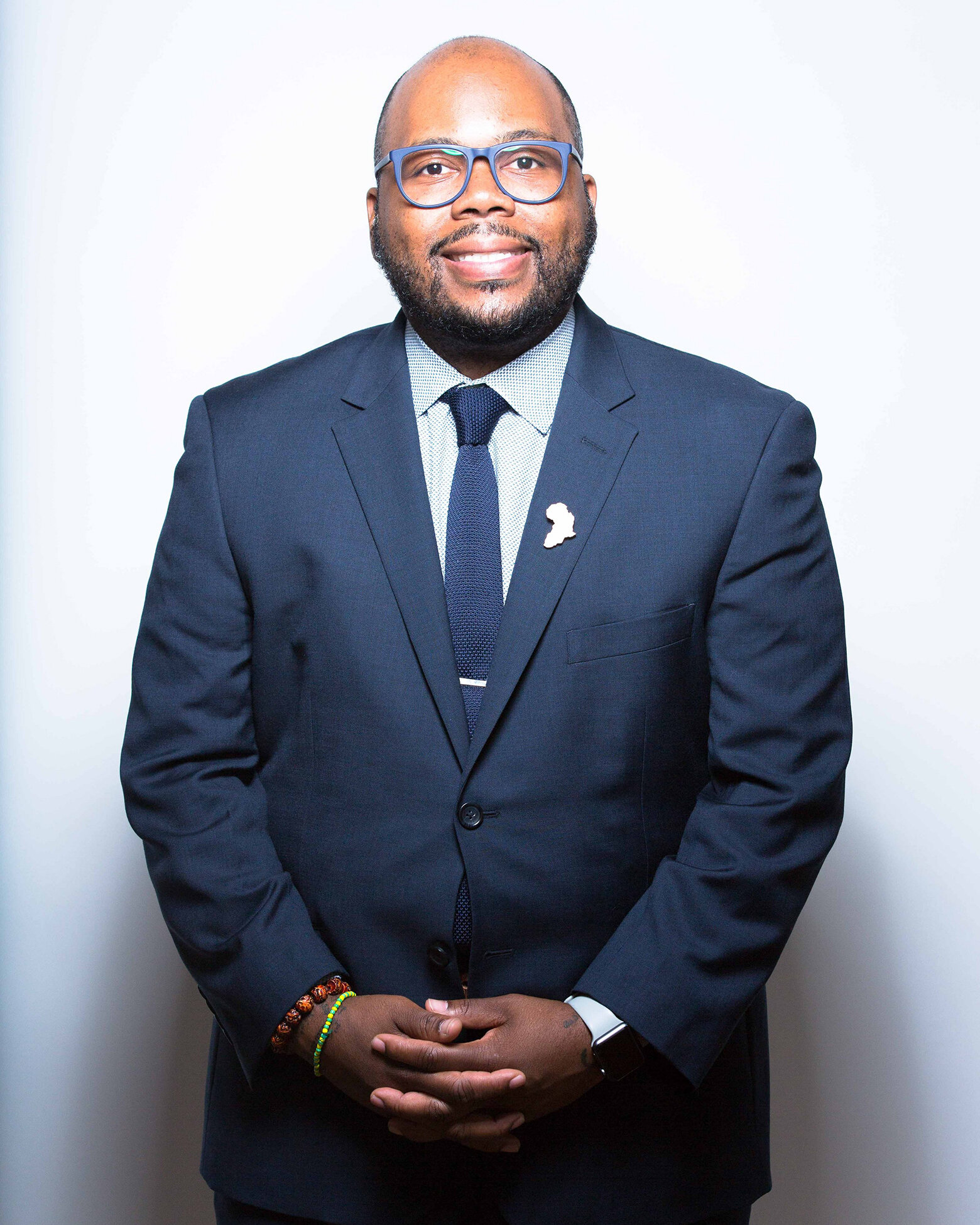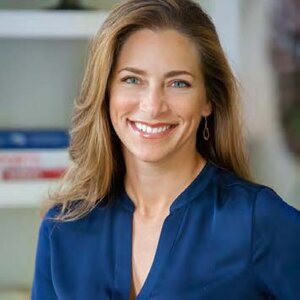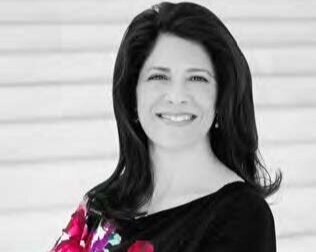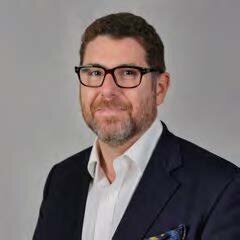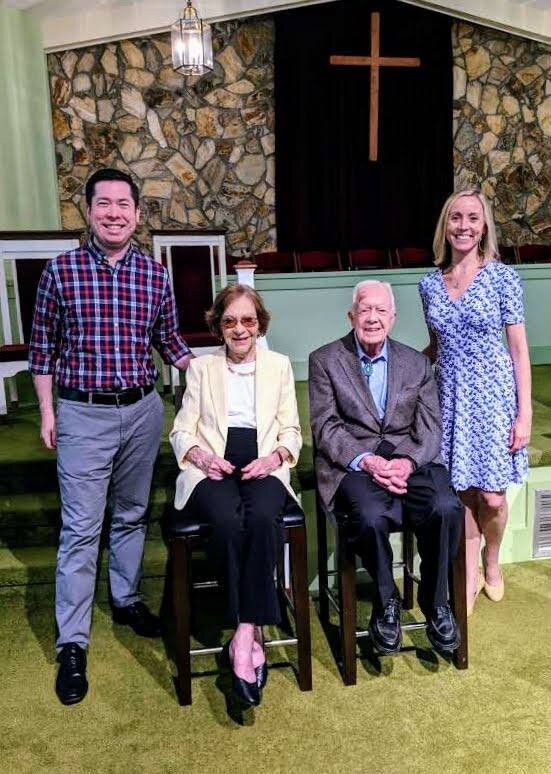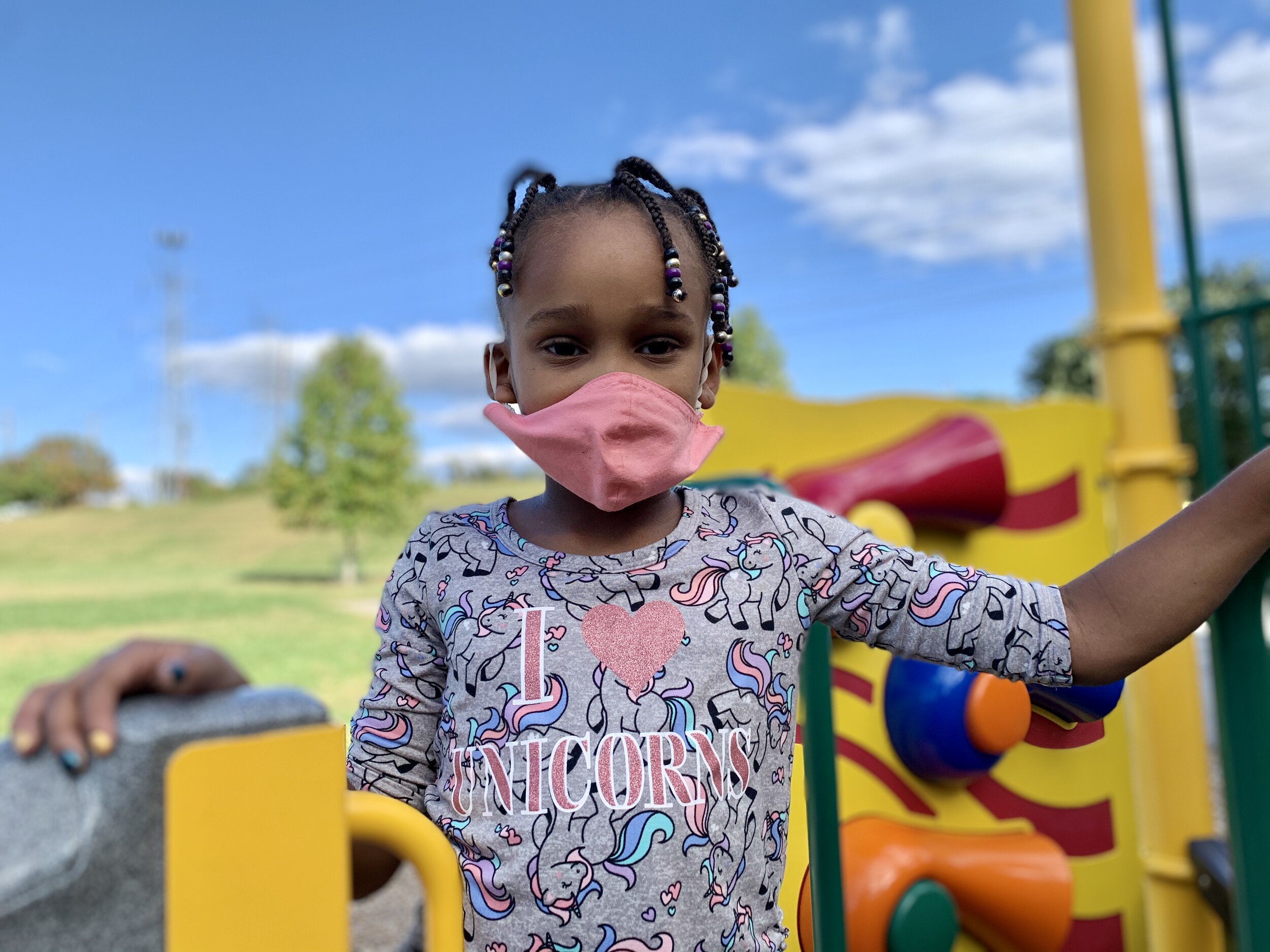Along with the release of our annual report, we’re celebrating our most impactful stories from the past year--from helping launch the Black Voices for Black Justice DMV Fellowship, continuing our work to respond to the COVID-19 crisis, to advancing housing justice in partnership with Flock DC’s birdSEED Fund. Read on for stories of meaningful collaboration and coordination that helped make a difference in our community.
Uniting for Change
We believe true change rises from strong alliances. We’re proud to share stories about how our community partnerships have helped make a difference.
Introducing the Black Voices for Black Justice DMV Fellows
Launched last fall (2020) in partnership with the DC-based nonprofit GOODProjects, and with seed funding from Bridge Alliance Education Fund, the Black Voices for Black Justice DMV Fellowship supports activists, organizers, and leaders who are on the front lines of advancing social justice and racial equity. Each Fellow received a $30,000 grant to support their racial justice work in our region, and beyond. Meet these inspiring change-makers, and learn what fuels their fight for justice.
DC Cares Program: $5M Undocumented Workers Relief Package
Thousands of immigrants in Greater Washington were excluded from federal stimulus efforts due to their documentation status. Together with our partners at Events DC and the Executive Office of the Mayor, we launched the DC Cares Program in summer 2020, disbursing a total of $5 million in direct cash assistance to excluded workers experiencing financial hardship due to COVID-19. In January 2021, we launched Phase II of the program, providing over $8 million in relief funding.
In partnership with the Morris and Gwendolyn Cafritz Foundation and eight other funders, we launched Arts Forward Fund to provide critical support to local arts and culture organizations impacted by COVID-19. In October 2020, we awarded over $1 million in grants to 43 arts organizations. Currently, we’re reviewing a second round of proposals, supported by a generous $1 million gift from MacKenzie Scott.
Investing for Impact
Learn about some of our most impactful investments this year.
Legacy Fund for Small Business Development
Seeded with a $1 million gift from a generous donor, the Legacy Fund for Small Business Development provides critically needed access to capital for small businesses in Prince George’s County. It’s part of our work in Prince George’s County’s to advance equity and economic mobility by eliminating social and economic disparities in the County. In November, we awarded relief funding to 173 small businesses in Prince George’s County to help minimize business closures and retain 650 jobs.
“Ninety-five percent of all businesses in [Prince George’s County] are small businesses and they contribute nearly half of all jobs in the county. Through the Legacy Fund, we hope to preserve the small business infrastructure, ensure job retention, drive economic development, and enable the transfer of wealth from one generation to the next, leaving a lasting legacy for families and Prince George’s County.” --Tonia Wellons, President and CEO of the Greater Washington Community Foundation.
Fund for Children, Youth, and Families Awards $1.99 Million
At the end of last year, the Fund for Children, Youth, and Families (FFCYF)awarded nearly $2 million in grants to 49 nonprofits serving disadvantaged children, youth, and families. Local WDVM covered the announcement, highlighting the investment’s focus on closing the achievement gap, supporting children in foster care, and helping families experiencing homelessness.
Jana-Lynn Louis, Community Foundation program officer for FFCYF, said: “It’s all about supporting where our region needs help the most and trying to fill in those gaps that often fall by the wayside.”
Community Connections
Oftentimes, it's our staff and partners who say it best. These guest posts highlight different voices and perspectives in our community on the issues that matter most.
How to reconstruct an equitable future for our region
How can we reconstruct an equitable future for our region coming out of the COVID-19 crisis? In an opinion piece for the Washington Post, our CEO Tonia Wellons and Ursula Wright explore a new framework to respond to emerging needs, re-engage our community, and reconstruct and shape a new normal for this region.
Flock DC: Down payment Grants for a more just future
BirdSEED Fund, launched in partnership with local real estate firm Flock DC, helps advance housing justice by providing down payment grants for first-time Black and Brown home buyers. In her guest-authored blog, Flock DC founder and CEO Lisa Wise shares her passion for justice and why she believes it’s crucial we work together to reimagine a more equitable future.
Food for Montgomery: A Community-Wide Response to the Rise in Hunger
As our community’s need for food skyrocketed during 2020, our Montgomery County leaders, community stakeholders, and The Community Foundation teamed up to create Food for Montgomery. Anna Hargrave, Executive Director for Montgomery County, shares how this remarkable public-private partnership is helping prevent food insecurity in the County, and ensure no residents go hungry.
Hungry for other Community Foundation impact stories? Check out ‘A Year of Impact: Our Top 10 Stories of 2020,’ published as an annual wrap-up last December.



